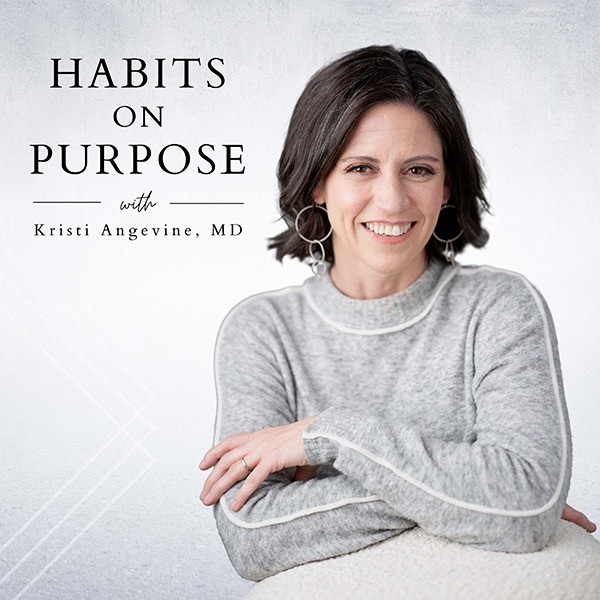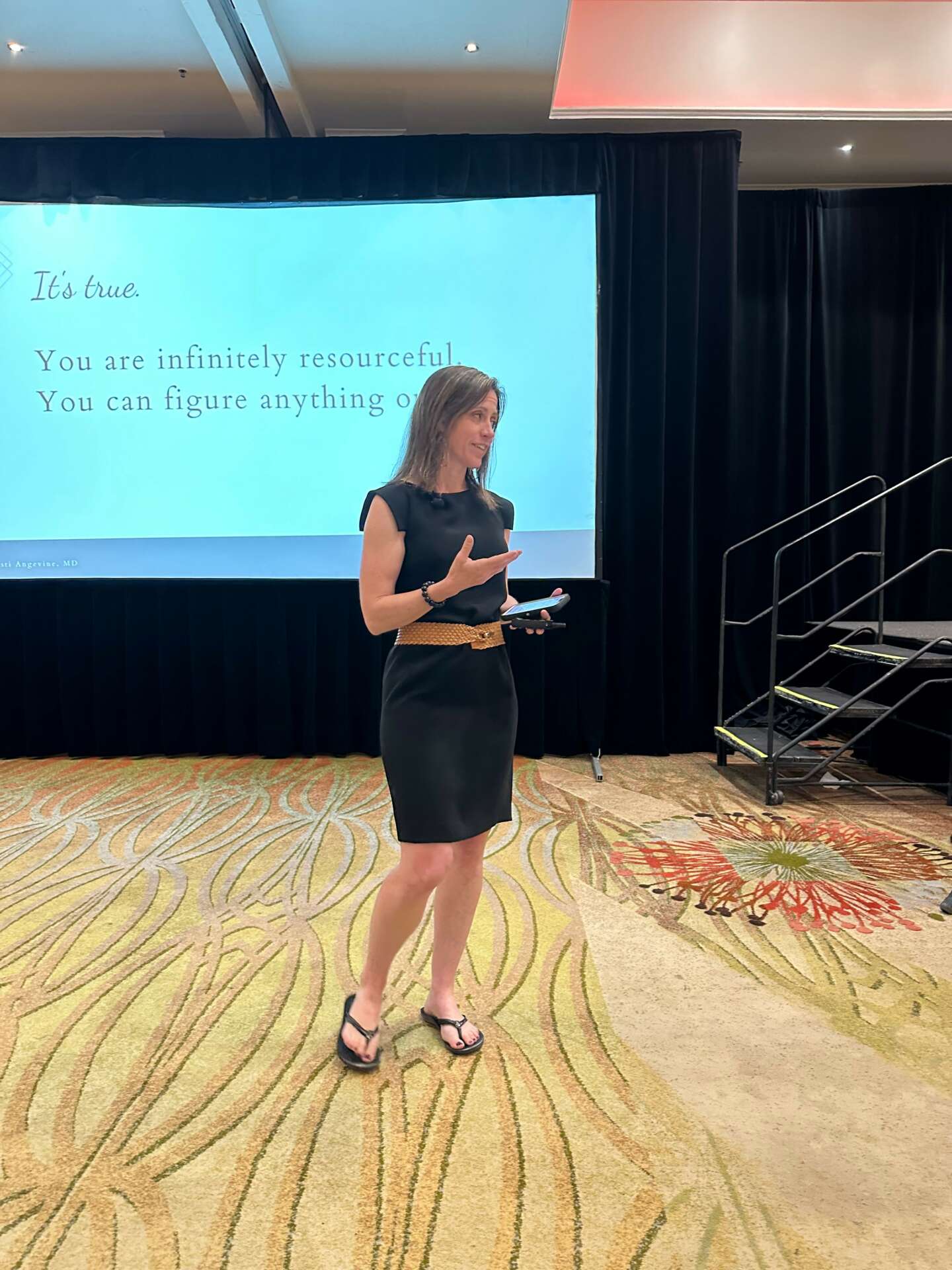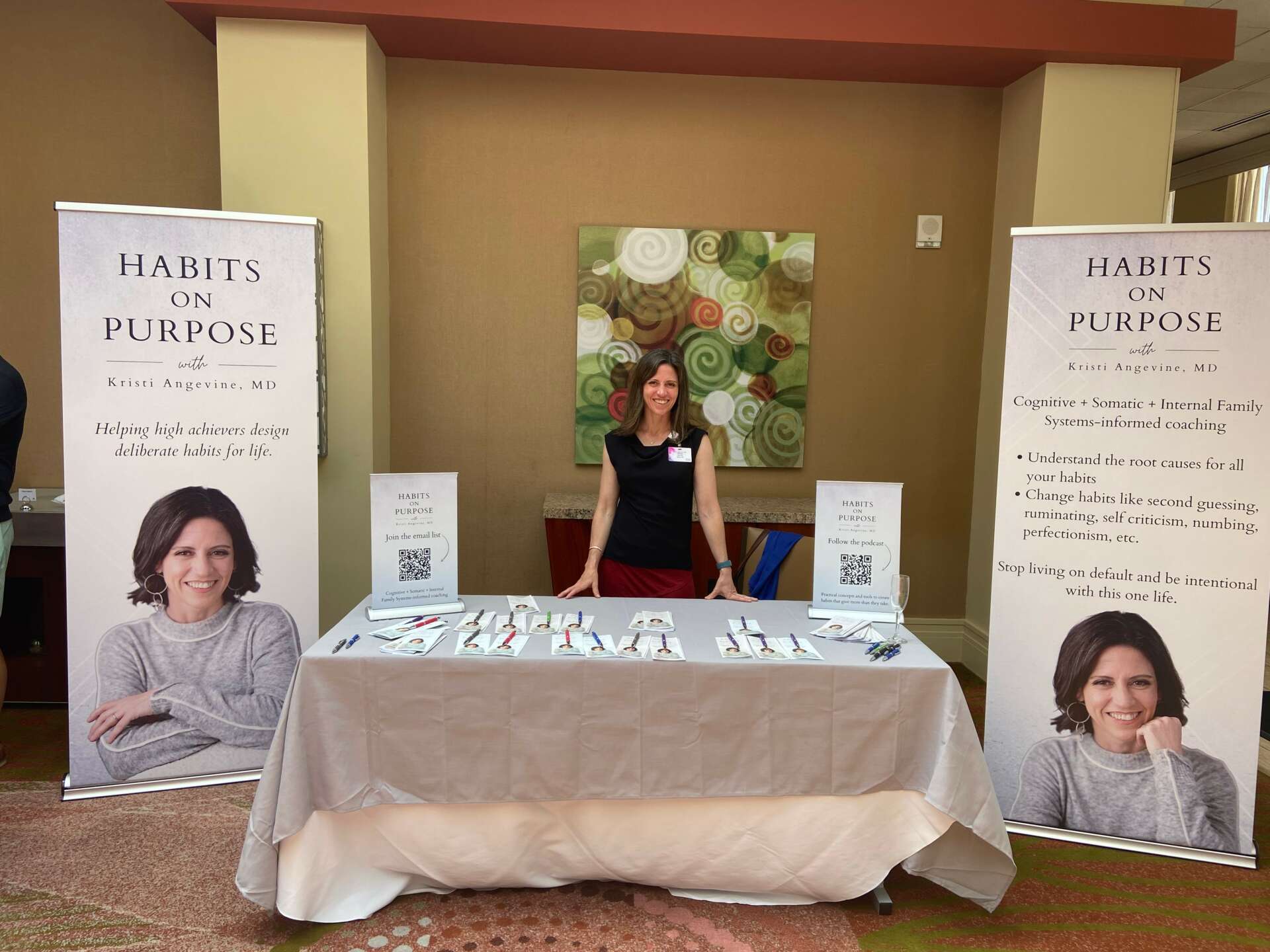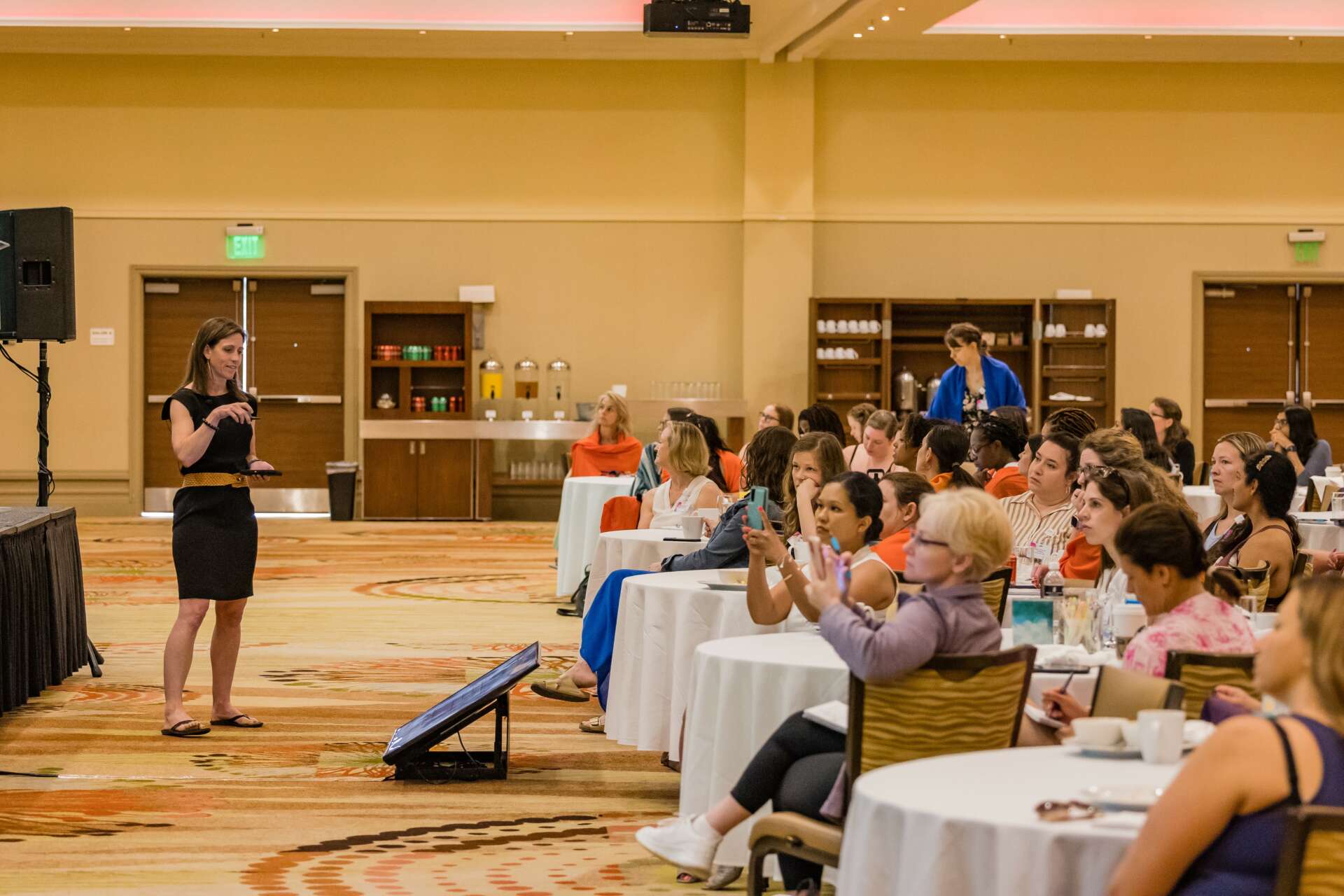We’re excited to introduce you to the always interesting and insightful Kristi Angevine. We hope you’ll enjoy our conversation with Kristi below.
Kristi, looking forward to hearing all of your stories today. Can you talk to us about a risk you’ve taken – walk us through the story?
After 10 years of delivering babies, doing surgery and working in a busy private practice as an Ob/Gyn, I stopped full-time clinical work to start my own business as a life coach. Quitting my work as a doctor took a crazy amount of courage. To be an ObGyn meant I’d spent 4 y in college, 4y in medical school and 4 years in residency training before my decade of private practice. I had 6 figure student loans to pay off and all I knew was Ob/Gyn and medicine. My background in college was in psychology and international humanities, but other than waiting tables, I’d never really had a job outside of doctoring. To top it off- I only knew a tiny handful of physicians who had left medicine to do something totally different. The vast majority of my peers were in the doctoring vocation for life.
Here’s the backstory: I loved my Ob/Gyn work, and I was good at it.. My patients, doing surgery, my partners at work- these things filled up my cup in so many ways. So when I left, it wasn’t in a huff of discontent or desire to escape something soul sucking. There’s never any single reason for a big risk, but a main reason I left was because I found something I loved as much if not more than ObGyn-ing. I’d always loved the mental and emotional support and education side of being an Obgyn- so shifting to being a life coach was a natural move. Now, 15 years ago had you told me I was going to quit being a doctor to be a life coach- I would have thought you had the wrong person. And had you said I was going to be a solo entrepreneur, I would also have balked.
Leaving secure, known, socially esteemed work was not only a big deal for my identity, but it also had financial risk. There’s tail coverage for your malpractice insurance that you must pay for unless you’re going to work less than a certain number of shifts in medicine/year and it can cost 5-6 figures. Starting a business during COVID came with questions like- will I make enough money? Will I regret this? Should I have timed it differently by a decade? Will I have to sell my house and move my family into a tent?
Fast forward 4+ years and I am not living in a tent. I have a podcast, I speak at conferences and retreats regularly and my business helps women, mostly physicians, deeply understand their habits, so they can create intentional ones. I do private coaching as well as small group coaching and can’t imagine doing work that I would enjoy more than this.


Kristi, love having you share your insights with us. Before we ask you more questions, maybe you can take a moment to introduce yourself to our readers who might have missed our earlier conversations?
I’m a board certified Ob/Gyn turned life coach, entrepreneur and podcast host to Habits on Purpose Podcast.
I found life coaching by way of a podcast I happened to listen to late one night while on call at the hospital , waiting for a patient to deliver their baby. The concepts I heard on the podcast weren’t new. I’d heard similar things discussed in cognitive psychology classes and on my psychiatry rotations, but what resonated was the practical application of the ideas. Without really being able to explain why, something in my gut drew me to life coach training even though I had absolutely no vision for how I would use the training. I did a one year training and quickly started coaching people in the margins of my Obgyn work.
I got fascinated with habits when I coached physicians on their stress management and coping mechanisms. I worked with physicians who wanted to drink less, reduce emotional eating and have ways to cope with job and life stress that weren’t centered around alcohol, food, shopping, scrolling, or burying themselves in work. What I discovered doing this work was that underneath any escapist coping mechanism were patterns of thinking and habituated ways of responding that drove everything. Thus. my passion for habits was born.
Coaching in my spare moments was amazing- but-my own habits of overextending and hustling at my own expense were taking their toll. I loved my work as a doctor, but I loved this coaching thing, too. I couldn’t figure out a way to do both and spent a long time feeling conflicted and unsure what to do. After a lot of soul searching and long conversations with my husband, I decided to leave my job and devote my time to coaching full time.
My interest in coaching on habits propelled me to do additional training and become an Advanced Deep Dive Coach as well as get my Master Coach Certification. Then, I had a game changing discovery when I was introduced to the field of Internal Family Systems (IFS). IFS is a model used in psychotherapy and coaching that helps understand the root causes for why we do everything we do. After training in IFS, I was able to blend IFS concepts with somatic and cognitive coaching I do with habits
Currently, I work with clients who struggle with many of the same things I struggled with- habit that take more than they give. Habits like overthinking, perfectionism, second guessing, a strong inner critic, catastrophic thinking, people pleasing as well as numbing habits. What’s different about the coaching I do is that I combine cognitive, somatic and Internal Family Systems informed coaching. My goal is for clients to gain a deep understanding of the root causes driving their habits and develop a fluency with concepts and tools that they can apply in ordinary, everyday life. It’s this pairing of awareness, understanding and practical implementation in the real world that make changes sustainable. My mission is to help people understand that habits are learned and therefore can be unlearned and are more malleable than conventional advice suggests.
When I reflect on my journey to being a business owner and entrepreneur, I’m most proud of two things: the guts it took to lead a stable job as a doctor for the unknowns of a life coach and the success of my podcast in the face all my self doubt and uncertainty.


We’d love to hear about how you keep in touch with clients.
My podcast and emails are my main way to connect to people at large. My clients and I keep in touch via our regular coaching calls, group calls, and using Slack. I also love to connect with clients on email or via text. Brand loyalty naturally grows from giving practical and interesting content in the podcast. It’s essential that the podcast touch on relevant pain points and provide interesting ways of thinking about them and practical approaches to experiment with. Making sure everything I share on the podcast bridges the gap between theory and implementation builds trust.
How about pivoting – can you share the story of a time you’ve had to pivot?
My main pivot was from medicine to life coaching. I never imagined I would make such a career shift, but the move allowed me to do something really important to me (coaching other doctors) while having more ownership and agency with my time. Having little kids, I wanted to be able to have more flexibility with work to be rested and present that I was able to do while working 60+ hours a week and taking 24h calls.
Contact Info:
- Website: https://habitsonpurpose.com
- Instagram: @kristi.angevine
- Facebook: https://www.facebook.com/groups/2531244060443558
- Other: iTunes: https://podcasts.apple.com/us/podcast/habits-on-purpose/id1609275644 Spotify: https://open.spotify.com/show/7IxJOobAKYEkWAgEJ2ydO1?si=650550cc65bc4e15&nd=1 Show notes: https://habitsonpurpose.com/podcast


